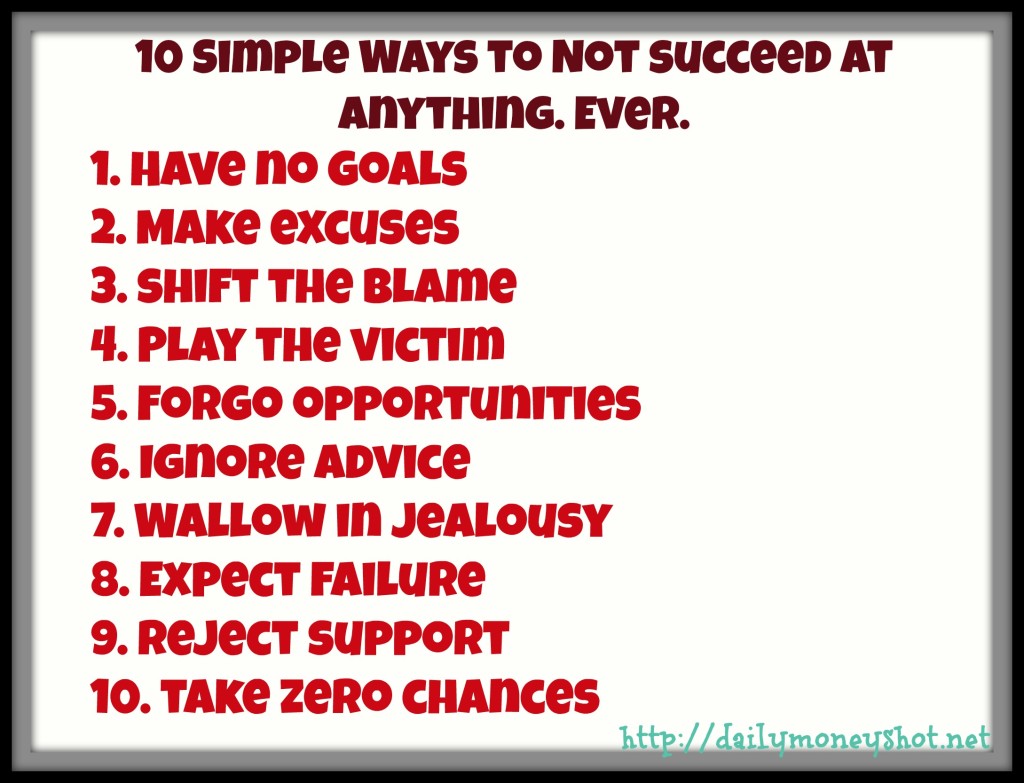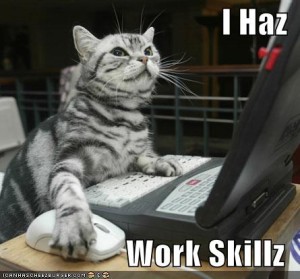Remember the other day how I said I would talk another day about moving to chase your dreams? You’re in luck because today is that day. Also, I promise that this is my next to last Nashville inspired post. You have to bear with me on that because I was there for a week and I had a lot of time to myself. This is what happens when I’m left alone.

The idea of moving to follow your dreams is not a new one. After all, it’s the basis for dozens of movies and books and one of my personal favorite songs (Poison’s Fallen Angel. No judgment). It’s the reason Nashville and New York City and Los Angeles are filled with so many aspiring actors, singers, writers, models, and their ilk. It’s the belief that if you want to make it big, you have to move to the heart of your industry. And maybe there’s something to that (let’s be honest, there is). And if you have the balls to do it, I give you a standing ovation. Because it really does take a strong person to leave everything behind to pursue a dream. I don’t know that I’m that strong so I envy you a bit.
However. Even if you are that strong and are seriously considering moving to chase a dream, I want you to ask yourself these few questions before you do it:
- Is it really necessary? Can I figure out a way to do this without actually moving? It is possible to fulfill your fantasy without uprooting your entire life. There’s things like local theater, local politics, semi-pro and amateur sports contests and leagues, the Internet, and numerous other outlets for you to do use to build your dream career. Quite frankly, before you move, I recommend that you start at that level, and I do so for 2 reasons: 1) it’ll give you practice, a good foundation, and beginning resume if you do relocate and 2) it’ll give you a good feel if this is, in fact, something you’d like to do as a career. If you can’t handle an open mic night with 17 people present, how are you going to handle an entire arena?
- Can I afford it? Do you have the start-up capital to begin life in a new city? It’s expensive to move and, if you’re going to do so, you need to make sure that you have money to support yourself those first few months. Before you hop in your car and make a run for it, take some time to research cost of living. Figure out how much money you’re going to need to get started. And, if you don’t have it now, delay leaving. Stay where you are, save some money, set a target date and then go.
- How will I support myself once I’m there? It’s the rare person that moves to a new city to begin a dream career, particularly one in the entertainment industry, with a good paying job. Or any job at all. You need to make sure that you have some sort of income source (which, thanks to the Internet, is easier than ever) in order to provide your basic needs once you’ve relocated. For instance, my little sister’s BFF from high school worked as a ticket collector at a museum after he finished college so he could support himself while he auditioned. It was a job, and that’s all that mattered. Are you willing to work that kind of job to support yourself? If the answer is no, then stay put.
- What’s my backup plan? Maybe you’ll succeed. And I hope you do. But what if you fail? What if you spend 5 years doing everything you can think of and you never make it big (or even medium)? What will you do then? While it’s great to be optimistic and confident (can you give me tips?), create a backup plan. Just in case. A backup plan is why a number of athletes stay in college instead of going to the draft after their freshman year. A backup plan is why child actors go to college in the first place. It’s why, if you become successful, you need to manage your money really, really well. Because whatever you’re doing may not last. And you need to be able to do something else.
- Am I willing to do whatever it takes? When you move, are you willing to do crappy plays or play to 6 people or write obituaries or work as a tour guide at a studio or waitress at a bar just to get your foot in the literal and figurative door? Are you willing to start from the bottom, doing things you feel are beneath you because you see the long term benefit? Most people who are successful didn’t fall into it overnight. They did it through blood, sweat, tears, hard work, maybe compromise their morals, doing things they wouldn’t ordinarily do (no, not porn. Stop it) to promote themselves. Are you willing to walk around a bar with a bucket in hand, asking people to tip you and your band? If not, maybe you should reconsider some things.
If you can’t answer these questions with positive, affirmative, and concrete responses, then my advice is to stop (collaborate and listen). Right now. Do some serious thinking about your choices and then revisit the questions in a month or so.
It’s great to dream. I do it all the time. I have some (okay, fine. A lot) delusions of grandeur about becoming an incredibly successful writer. And it’s something I encourage everyone to do (both dream of my successful writing career and whatever it is you’d like to do). However, if you have a dream, please consider if moving and changing your whole life is the best and only way to achieve it.



